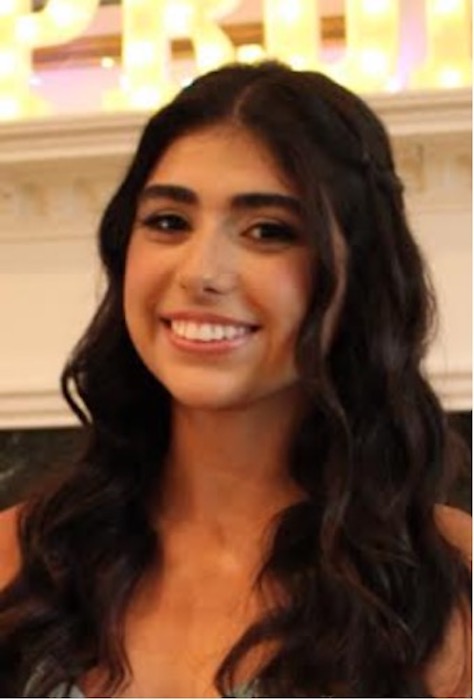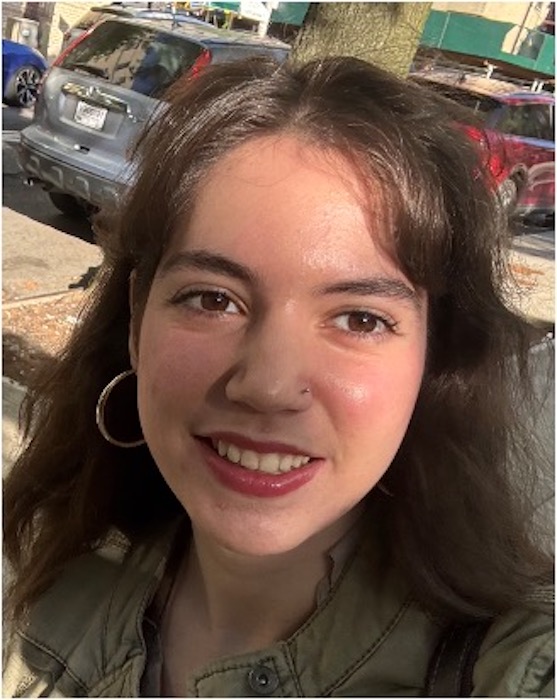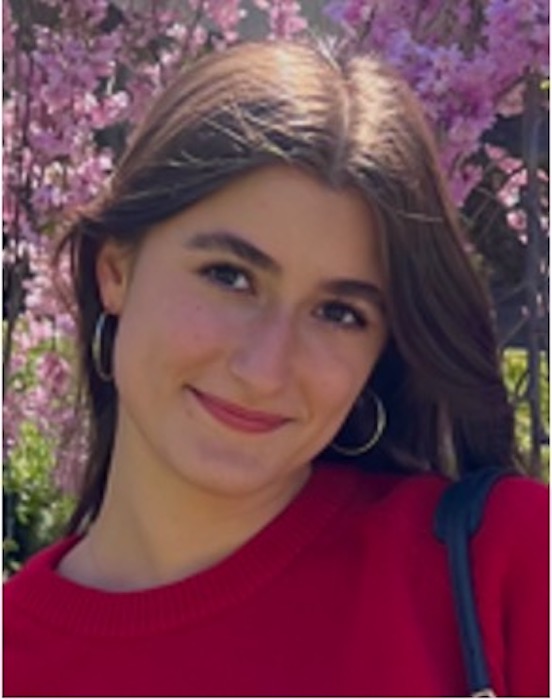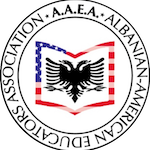Congratulations to our 2025 AAEA Scholarship Winners!
We are happy to announce the winners of the 2025 Albanian American Educators Association Scholarships!
Our winners exemplify academic excellence, community involvement, passion, motivation, and exceptional essay writing skills. We’re excited to see them embark on their college journeys this September!

Lenora Hutaj
AAEA 2025 Scholarship Recipient
In her reflective essay, entitled, “Being Proud of Albanian Roots” , Leonora recounts a journey from cultural shame to cultural pride as an Albanian-American. Growing up, she felt embarrassed by her Albanian heritage due to classmates’ unfamiliarity with Albania and her parents’ accents, leading to attempts to assimilate into American culture. This changed in high school after joining the Albanian Club, where the welcoming community fostered a sense of pride and learned to appreciate her unique culture and the differing cultures of her classmates. Embracing her roots, Leonora became active in Albanian clubs and dance, even initiating a “Culture Night” at her school to celebrate diversity. The support of the Albanian-American community was also crucial in navigating the college application process, leading to acceptance at Harvard. Now, Leonora is deeply proud of their Albanian identity, viewing it as an integral part of their American identity and actively working to share their culture with others.
Rina Hyseni
Alexander Thomas Delic Memorial Scholarship Recipient
In her Essay entitled, ”Untranslated: Finding My Voice as an Albanian-American Immigrant Artist”, Rina, an immigrant artist, reflects on her lifelong struggle to find her voice, particularly after moving to the U.S. from Kosovo. She frequently faced questions about her nationality and felt her identity was invisible, leading her to choose silence over explanation.
Despite learning English in middle school, she felt intellectually inferior when asked to express complex thoughts, especially in academic settings like Socratic Seminars. She also found it difficult to form friendships through casual banter, feeling that her humor was lost in translation.
A changing moment occurred at the airport when her family faced deportation due to a residency violation. Her mother, despite limited English, managed to convince officers to let them through after Rina froze and couldn’t speak. This silence spurred her to actively fight her inability to express herself, leading her to join clubs and take on speaking roles despite her anxiety.
While the struggle hasn’t disappeared, Rina has found her voice through writing and art, realizing that her desire to express herself stems from the value she places on exchanging ideas. In the future, Rina plans to be a filmmaker and aims to use her art to communicate her cultural identity and share the stories of her community. She stands firm in her belief that “everyone deserves to be heard”.


Angela Lala
AAEA 2025 Scholarship Recipient
In her essay, entitled “The Youngest of Seven Cousins”, Angela reflects on the isolation she experienced growing up as the youngest of seven cousins. All her older cousins had emigrated from Albania to the same town and had already mastered English and American cultural norms by the time she was born. Angela’s parents were the last to immigrate, and as the youngest, she always struggled with speaking Albanian, which often led to embarrassment during family gatherings when relatives would switch to English.
However, Angela found solace and a unique space for cultural exchange through her strong bond with her grandmother. Her grandmother was simultaneously learning English after 60 years of speaking only Albanian. Their conversations became a blend of both languages, and they shared cultural elements, from Albanian television to American reality shows. This shared experience of navigating a new language and culture made Angela comfortable enough to start trying to speak Albanian without the pressure of perfection.
This approach of cultural fusion extended to other areas of her life, such as teaching friends Albanian and blending cuisines. Angela realized that the fear of not being perfectly fluent or knowledgeable about their heritage often prevents many first and second-generation Albanian-Americans from engaging with their culture, leading to a disconnect from their family history.
Angela suggests creating a supportive community where “Americanized” Albanian kids can learn about their roots without embarrassment. She believes fostering a culture of patience and understanding, and removing the element of isolation, can help the appreciation and continuation of Albanian culture thrive.


